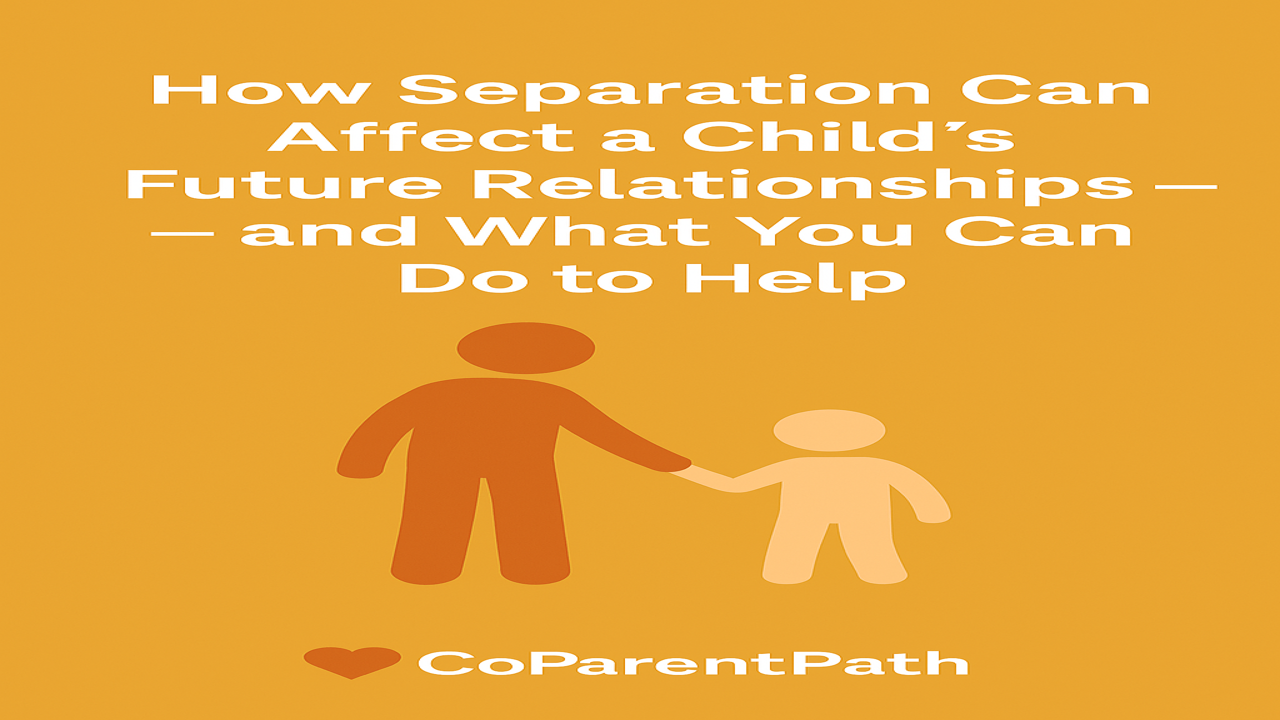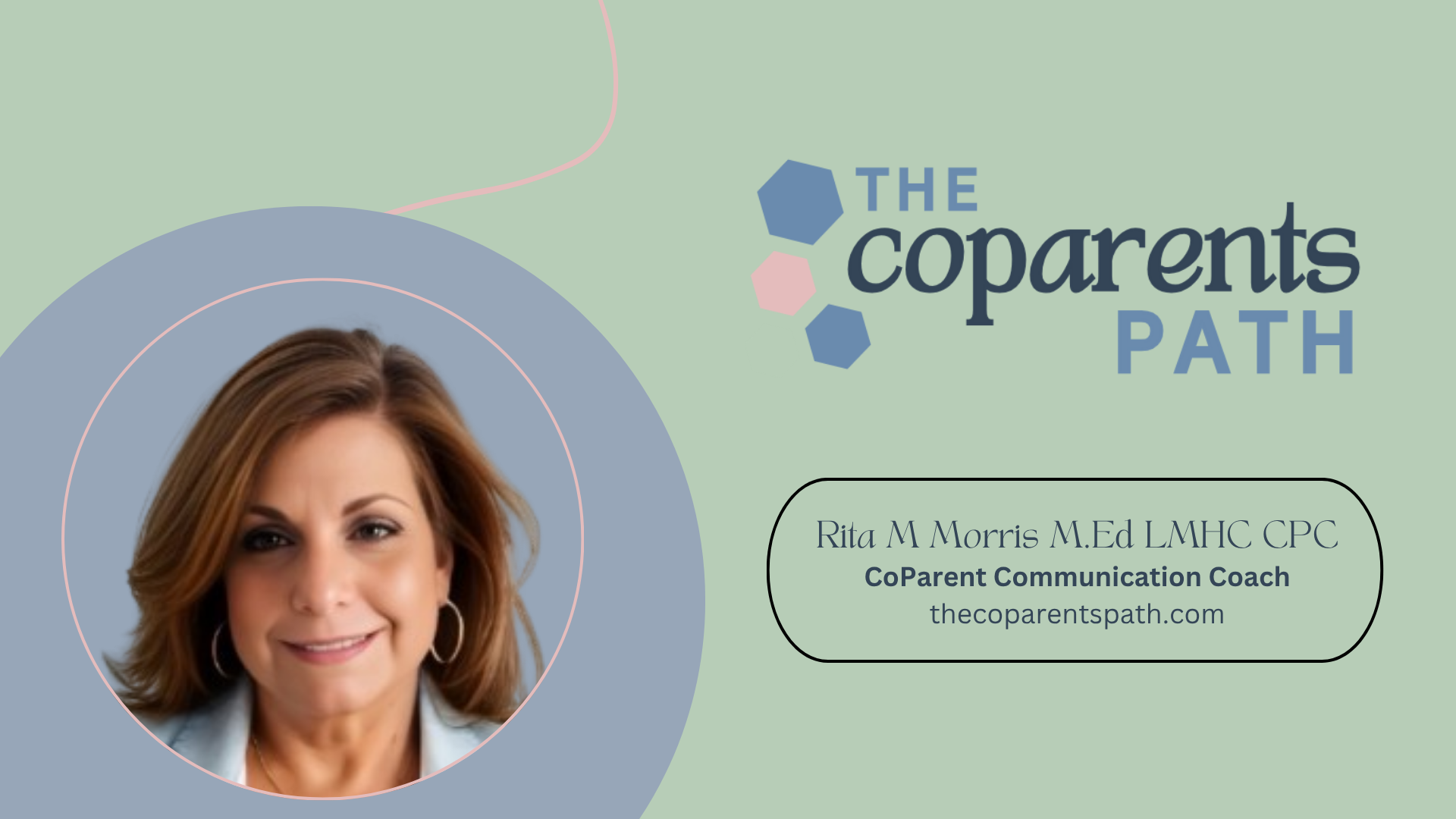How Does Separation Impact Your Child’s Future Relationships?
Jun 04, 2025
How Separation Can Affect a Child’s Future Relationships—and What You Can Do to Help
We all know that separation can be tough on kids. It can impact their behavior, school performance, and sense of stability. But what about the long game—how they show up in relationships as adults?
Research tells us that children of separated parents are more likely to struggle with emotional connection later in life. They may develop insecure or avoidant attachment styles, making it harder to trust, open up, or stick with long-term relationships. In fact, they’re more likely to divorce themselves one day (Mazur, 1993; Teachman, 2002).
A big part of this comes down to connection and safety. Oxytocin, sometimes called the “love hormone,” helps us bond with others. But kids who don’t feel secure or emotionally safe in childhood tend to have lower levels of it (Boccia, 2021). That can follow them into adulthood, affecting how they relate to partners and even how they view love and commitment.
Make it easy for your child to talk to you. Put down your phone, look them in the eyes, and really listen. Give them space to share what they’re feeling—even if it’s hard to hear.
If your child blames themselves or one of you for the separation, don’t rush to correct them. Stay curious. Let them know you hear their pain. That alone can be incredibly healing.
Talk openly about what makes a healthy relationship. Respect. Communication. Boundaries. Kindness. These aren’t just adult lessons—they’re life lessons. And you’re their first and most important teacher.
4. Model the Kind of Relationship You Want for Them
Even when things are messy, your child is watching you. They’re learning what love looks like, how to navigate conflict, and how to recover from heartbreak.
Keep reminding them that no matter what happens between adults, they are secure, loved, and safe. You’re their anchor. Their soft place to land.
They don’t need perfect parents. They need present ones.
No separation is easy, but with intention and care, it can still be a launchpad for your child to grow into a secure, emotionally healthy adult. And that’s something worth fighting for.
But here’s the good news: This isn’t a life sentence. Just like parenting styles, attachment styles can change and heal. And as a co-parent, you have so much power to create a stable foundation that helps your child build healthy emotional connections later in life.
Here are some ways to do that:
1. Build a Strong Co-Parenting Relationship
You don’t have to be best friends with your ex—but you do have to be allies when it comes to your child. Kids feel it when there’s tension between parents. A cooperative, child-centered co-parenting relationship helps reduce stress and makes everything feel a little less chaotic for them.
Avoid putting your child in the middle. Don’t make them your messenger or your sounding board. They need to know they’re free to love both parents without guilt.
Stick with routines and rules that help them feel safe. Predictability matters, especially when so much has changed.
2. Stay Hopeful (Even When It’s Hard)
Your child takes cues from you. If you’re bitter, they may learn to be guarded. If you stay hopeful, they’ll learn that relationships can heal—even after hurt.
Celebrate your child’s strengths. Praise their efforts. Tell them often that they’re loved and valued. Show them, through your words and actions, that relationships don’t have to be perfect to be good.
3. Create Space for Open, Honest Conversations
Cooperative Coparenting Is Possible!
Get started today by downloading my Coparent Communication Essentials.


